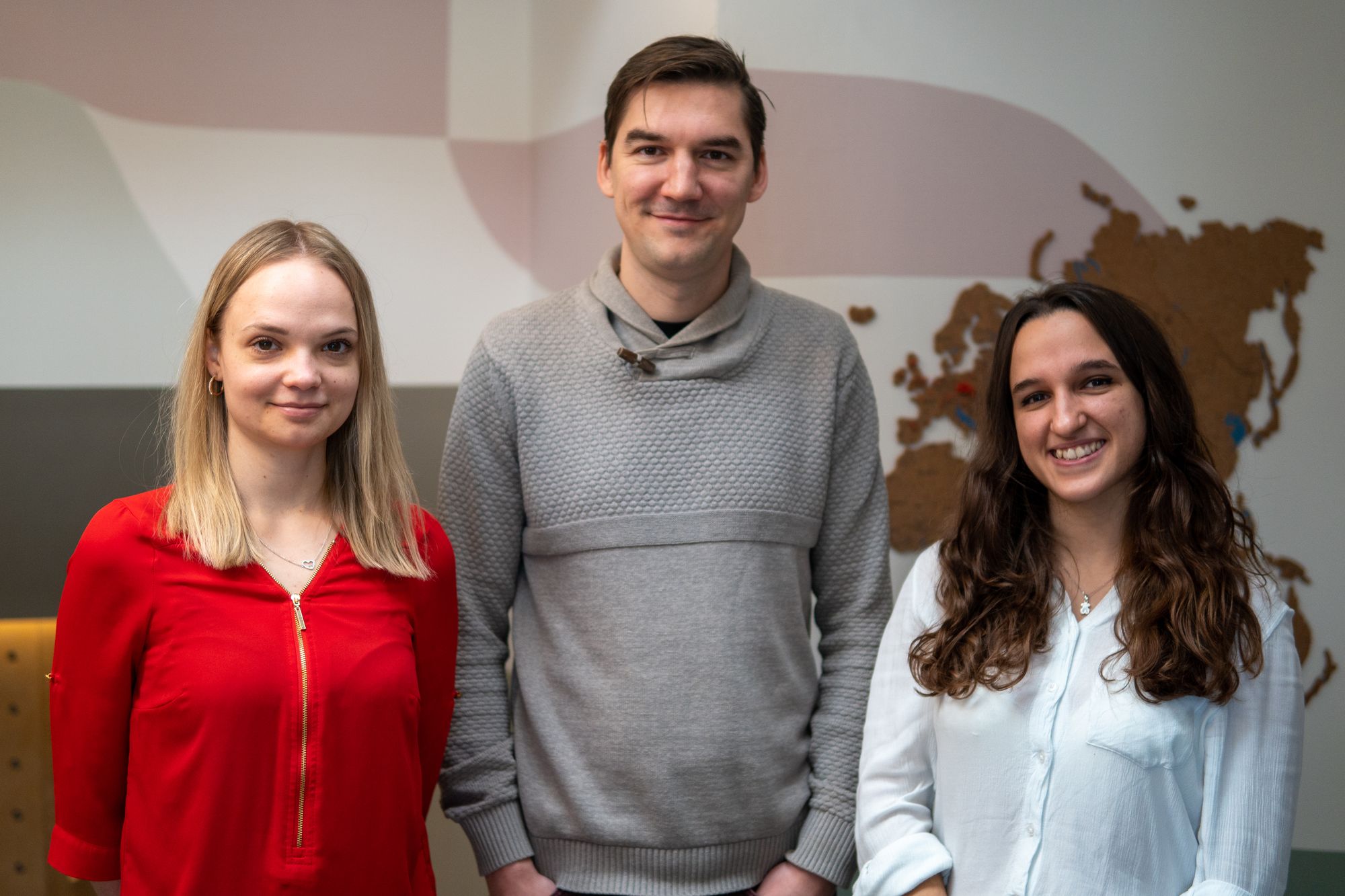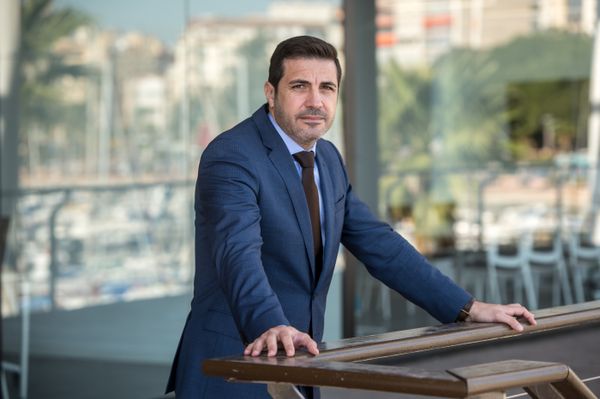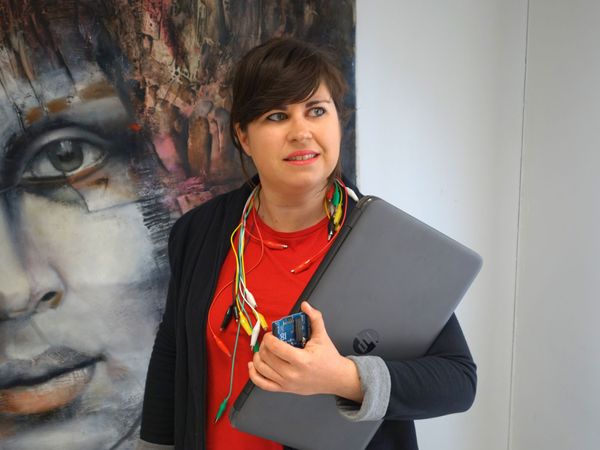Puedes leer este artículo en español aquí.
The first face you will see when you arrive at Locus Workspace is Eva Sanz, and she’ll greet you with a huge smile. We will start this story the same way a visit to Locus begins, with the story of how this Spanish Community Builder came to work in a coworking space in Prague.
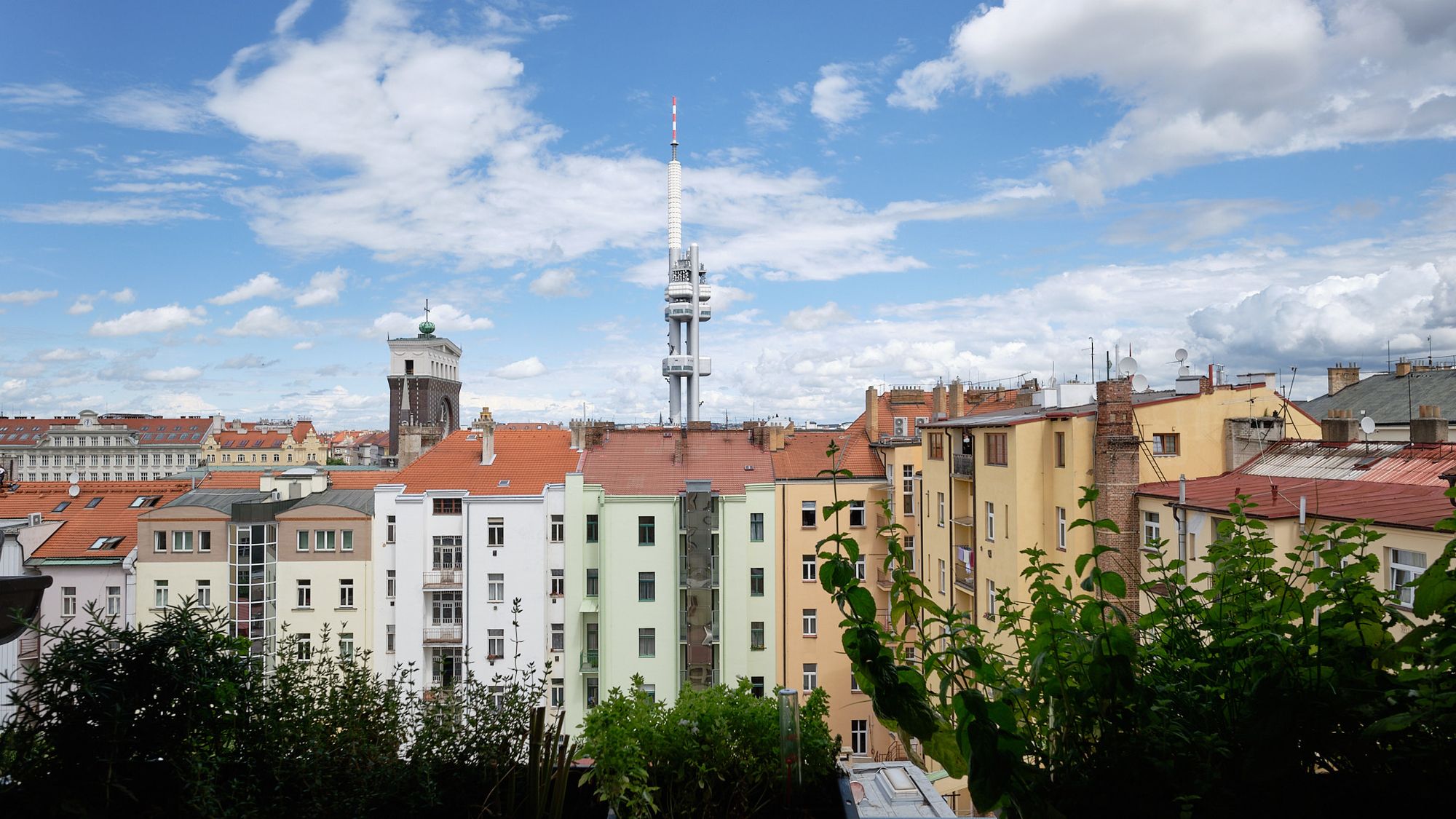
Eva, after studying translation and interpreting and doing a master’s degree in tourism (when you speak to her, it will become instantly clear that this is still one of her passions) undertook a project in this sector until the pandemic hit. At that time her partner found a job in Prague and Eva decided to join him and “make a living there.” However, Eva knew about the EU program Erasmus for Young Entrepreneurs and it was this program that put her in contact with Mathias Vanluchene, the current owner of Locus.
“The program connects entrepreneurs who are just starting out with others who already have projects up and running. For one it is the opportunity to have EU-funded labor, and for the other, it is the opportunity to see the reality of a company from the inside.”
Eva looked at the list of projects and it was Locus that caught her attention: “Czech is difficult to speak and Locus has English as a first language so I thought it was the ideal place. It was an international environment where I would meet a lot of people and, because in previous experiences in Madrid I had worked from coworking spaces, I knew the sector as a client and it was something that appealed to me.”
The story from there is quite simple: you have a Community Builder who loves people in an international environment which is what she is passionate about, and that is practically the first thing she tells you when you start talking to her. On the other hand, you have Mathias who bought Locus in the middle of the pandemic from its founder and previous owner Will Bennis, Ph. D.
Mathias’ history with coworking is a bit longer. After years of trying to save costs by working from home (and a bit too much coffee), he decided to try a coworking space to improve his routines: “I was struggling to work and in the end, I decided to try several coworking spaces, among them Locus; I felt silly not to have tried it before. Yes, it cost me more money but it was much more productive and 100% worth it.”
For years, Mathias worked from Locus doing freelance marketing and had a small tourism project that he started because he felt he needed a change: “I wanted to do something that had me more in direct contact with people.” And it was at that moment that he learned that Locus was for sale.
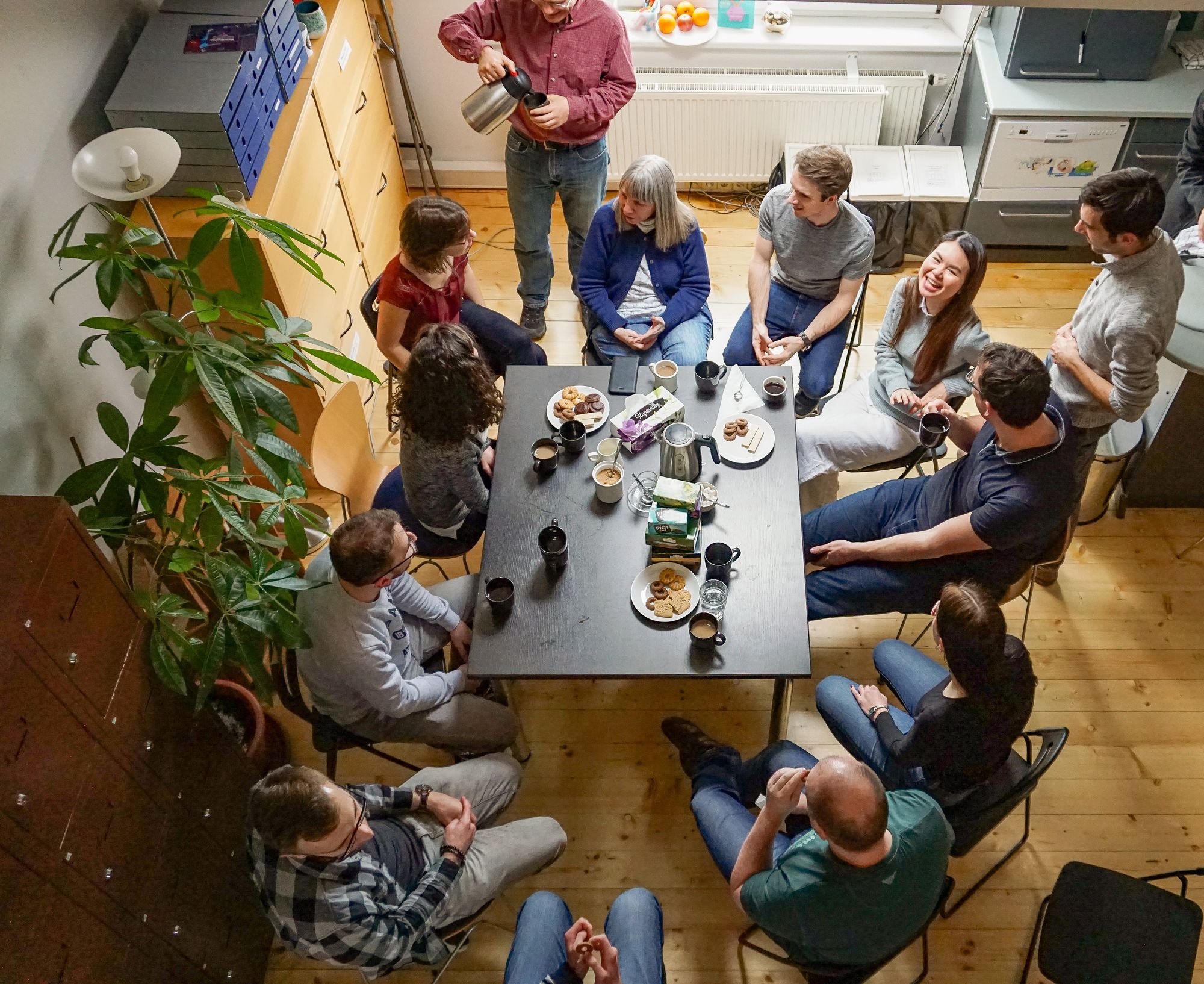
“It was in the middle of the pandemic. I had left the tours and I had a good relationship with the owner of the space and I spoke to him. It took me a while to make up my mind because, although I was convinced that coworking would be even more important in the future, I had doubts about how long the pandemic would last.”
Mathias had good days and bad days, days full of doubts, and days when he was convinced that everything would be fine. He made the decision and he doesn’t regret it because he tells us, with a smile on his face, that his life has improved a lot.
But what kind of space is Locus? “Locus Workspace is a coworking space where English is the first language and is designed to help freelancers, remote workers, digital nomads, and professionals independent of their location to give the best of themselves.” This is what the website says and it was almost a carbon copy of the description Mathias offered me. This description may seem a bit generic, like that of any first-generation space aimed at freelancers. But the truth is that the three elements it combines are evident as soon as you set foot in the space: an international environment (with members representing 24 nationalities), freelancers, and an atmosphere of silence that helps concentration and productivity.
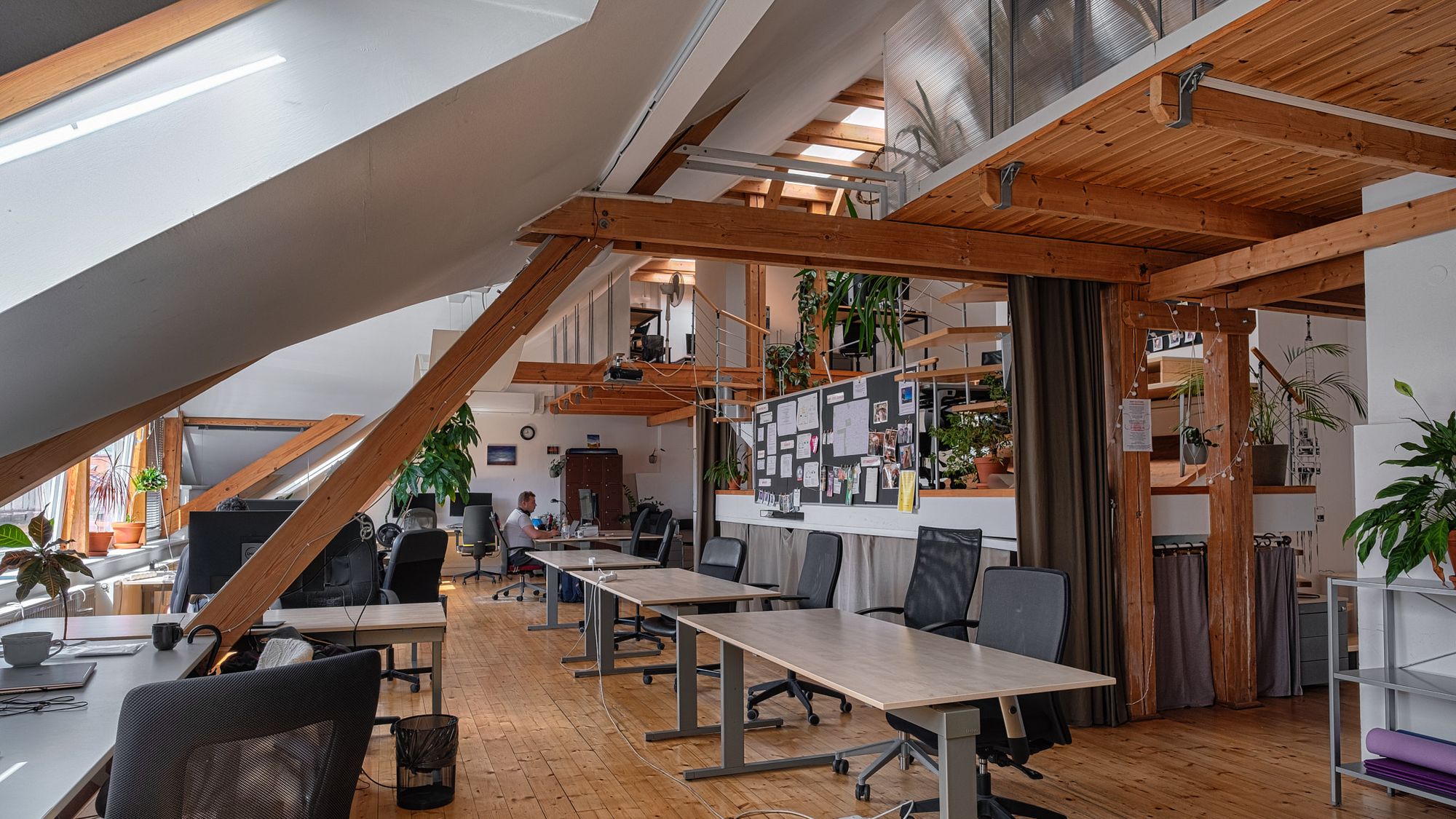
“We are a social space but our goal is for people to be productive,” says Mathias, referring to their slogan work better. “Having such an international community means that the main language of the space is usually English. That also makes it very easy for us to hire people from all over the world.”
And it is at this point that Eva’s role in this story comes back into the picture. Mathias tells us that the fact that Eva is Spanish makes things very easy: “you are very sociable and open.” Eva adds “the fact that we speak English makes people who arrive in Prague, as it happened to me, feel welcome from the very beginning because English is the first language here.” When everyone has to change the language so that you can be part of the conversation, you end up feeling that you are not fully adapted and that you are a hindrance to others (even though they are usually happy to switch to English).
Additionally, there is another factor that has certain advantages to hiring an expat community manager, and that is the fact that they have a similar energy level to other expats. Locals always have more out-of-space friendships, family, and commitments than an expat, and especially a digital nomad. Energy levels are another story. A digital nomad usually wants to see everything in one or two weeks, while the expat usually has a pretty tight schedule. The least available is usually local residents who will be fully connected locally with other locals. Having expat staff means they are looking for a similar level of interaction with the community as the community itself so it is particularly advisable if your community has a lot of expats.
The number of events at Locus confirms its orientation and the composition of its community. “We have about eleven events per week says Eva, "many of them are small, like the 30-minute coffee break on Tuesdays.” Wednesday Community lunch, lunch at different restaurants nearby, Beer Friday once a month, Pub Night, an annual cottage retreat with activities... the list seems endless.
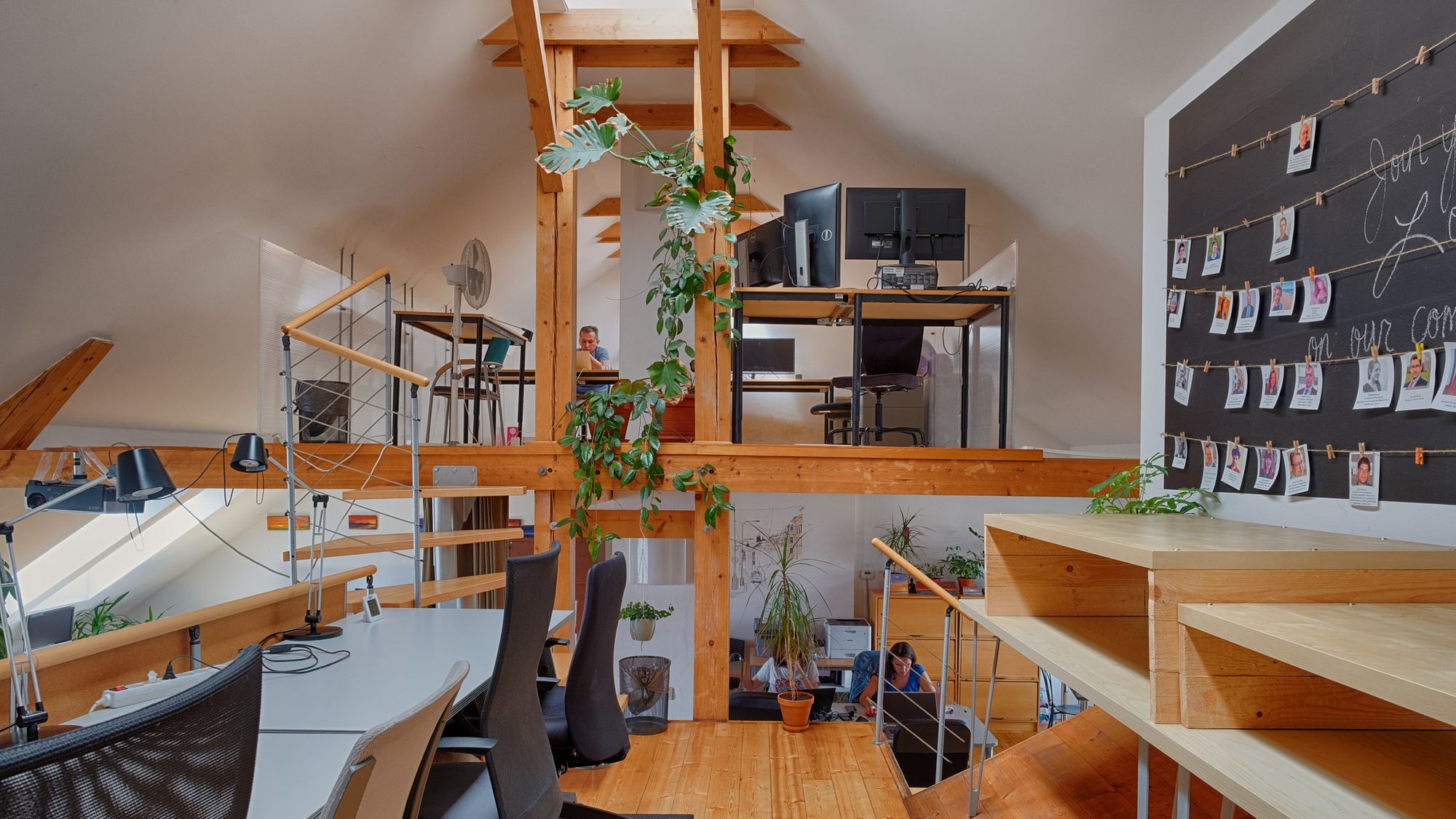
“Many of the activities have come from the members, and we just support them in organization,” Eva continues, "like the yoga sessions or getting them involved in the movie night.” The truth is that this space sets all the checks when it comes to community integration and I can’t think of a better place to fall into if you come to Prague.
However, (and this is not one of those buts that invalidate all of the above) I asked a question that I think is key: Where do you see Locus in 5 years?
“I think the space we have contributes a lot to the atmosphere that is created in coworking, and although its dimensions limit us, it is difficult to change.”
Mathias tells us that Locus had previously had two locations and that eventually one of them was closed and they stayed in the current space. His look conveyed understanding: space is important and to take (his first leap) Mathias wants to be 100% sure and understands how important space is, something I have seen ignored by many founders of such spaces in different countries.
“We want to grow a bit. The space has 45 seats and that, as I said, limits us. At the moment what we plan to do is to work on attracting digital nomads to the Czech Republic. We believe that changing the model and switching to an office-based model would not be beneficial for our current members and we want to stay true to ourselves.”
In this regard, Mathias is not alone. Both his and Eva’s own experience in tourism adds up to create a thoughtful experience that combines in one month working at Locus with two weeks in a cottage in the countryside full of activities and time for quality work.
===
If you aren’t already using Cobot as your coworking management software, give it a go! You’ll find that our features can help you run your coworking space more effectively and grow your community. Just sign up for a free trial or a live demo session. And if you have questions, our support team is all ears!
Happy Coworking!
